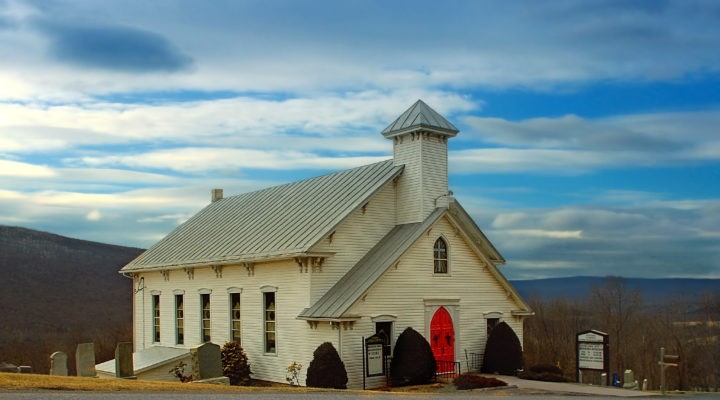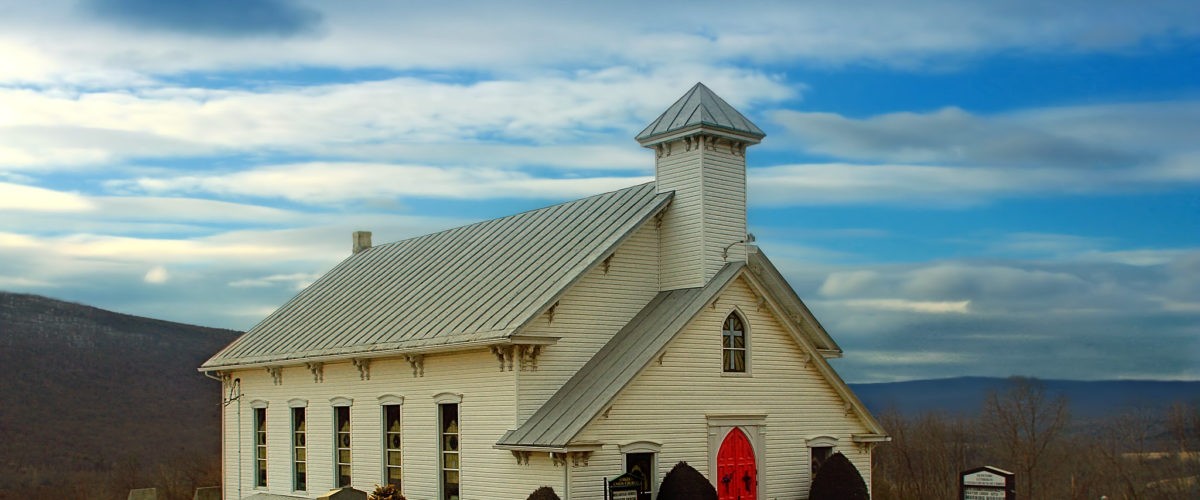A group of rural ministers is nearing completion of a fellowship designed to widen their perspectives on faith, church and their own ministries.
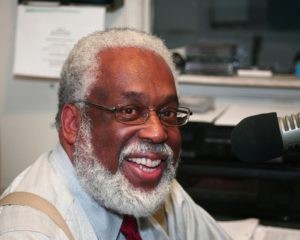
Leonard Edloe
“It caused me to take a hard look at myself,” Leonard Edloe said of the Fellowship for Clergy in Rural and Underserved Areas, a program offered by Campbell University in Buies Creek, N.C., and funded by the Lilly Endowment.
That inward examination with the help of coaches and peers already has borne fruit in the pulpit, said Edloe, pastor of New Hope Fellowship, a nondenominational church in Hartfield, Va. “I realized I had to balance myself a little bit to more effectively preach the gospel.”
Justin Cober-Lake, a former spiritual formation pastor in rural Virginia, said participation in the new program helped alleviate his sense of separation from the larger church that often comes when serving in less-populated areas.
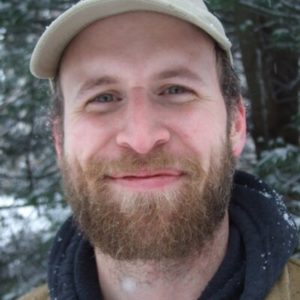
Justin Cober-Lake
“One of the challenges of being in a rural ministry setting is the isolation,” Cober-Lake said. “To build a little community of our own has been very helpful.”
Fostering connection is one of the primary purposes of the program, said Jennifer Garcia Bashaw, assistant professor of New Testament and Christian ministry at Campbell University and faculty coordinator for the rural clergy initiative.
The fellowship was launched in September 2019 with a multi-denominational cohort approach to connect pastors of different traditions as they grow in ministry. “Otherwise they are not around a lot of diverse groups or diverse churches,” Garcia Bashaw said.
About half the 17-member group is Baptist, with the rest being a mix of AME Zion, Episcopal, Methodist, Presbyterian and nondenominational ministers.
Participants also have been exposed to an array of academic and theological readings and presentations. In part, this was to compensate for the lack of professional travel funds absent in many rural church budgets, she said. “They have a hard time plugging into resources, going to seminars and things like that.”
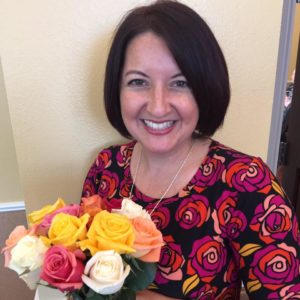
Jennifer Garcia Bashaw
Church history and spiritual formation also were on the agenda. Clergy dove into the Holiness, social justice, evangelical, charismatic, incarnational and other Christian traditions. “It’s so easy for them to be immersed in their own tradition that they lose sight of the broader history of spiritual traditions,” Garcia Bashaw explained.
Edloe said this portion of the fellowship transformed his understanding of his own preaching and ministry. “I saw that I was very much a liberation and social justice preacher and that I need to balance myself more with some of the ideas of contemplative spirituality.”
Encouraging balance was another aim of the initiative, because finding balance is often elusive in rural church settings, especially for those who are the only full-time ministers at their churches.
Burdened with administrative, pastoral and worship planning responsibilities, rural pastors may have little time to engage the wider community, said Brian Foreman, executive director of community engagement and leadership with the university’s Center for Church and Community.
“The reality is that they are so overwhelmed by being the clergy of these little churches they rarely think of broader relationships outside their churches.”
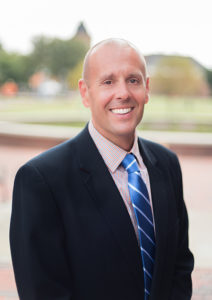
Brian Foreman
The fellowship attempts to address that geographical and theological isolation with four retreats — the last two being held online because of the coronavirus pandemic — plus smaller peer groups, webinars and coaching. “Through the cohort they are consistently together, which gives them an expanded professional community and potentially an expanded personal community,” Foreman said.
Leaders in fields such as public health, sociology, education, law and business offer sessions to heighten clergy awareness of the wider challenges rural churches are facing.
“Our subject-matter experts come from fields that are impacting their local communities,” Foreman said. “Our sociologist talked to them about the cultural and economic factors that affect rural communities that they may not have been aware of.”
But fellowship participants also are considered experts themselves, he added. “This is all about mining collective wisdom. When we convene, they are learning for one another. They learn from us. We learn from them.”
The current fellowship is scheduled to end this month. Campbell University is now accepting applications online for the next rural clergy cohort, which begins in January 2021.

